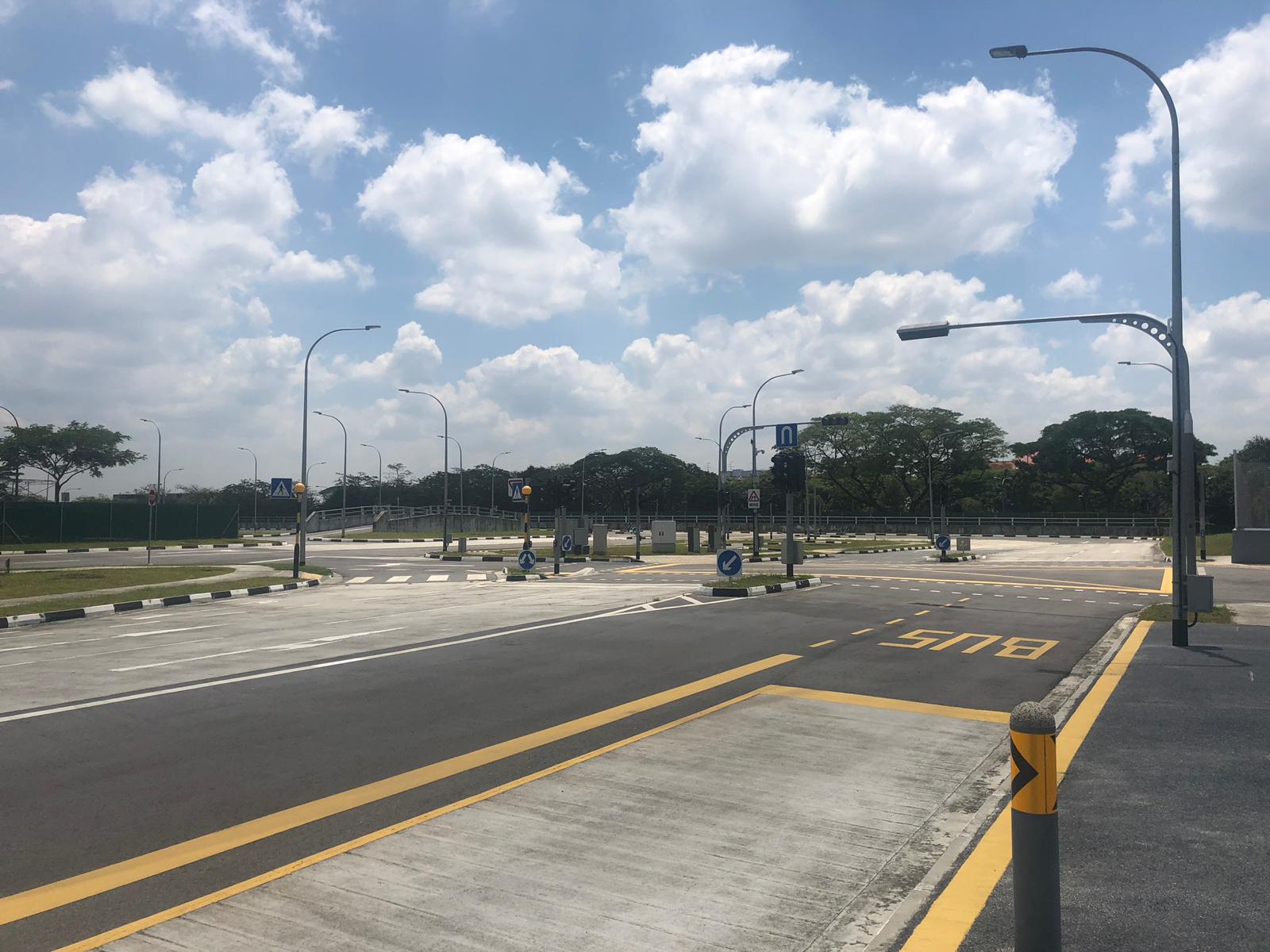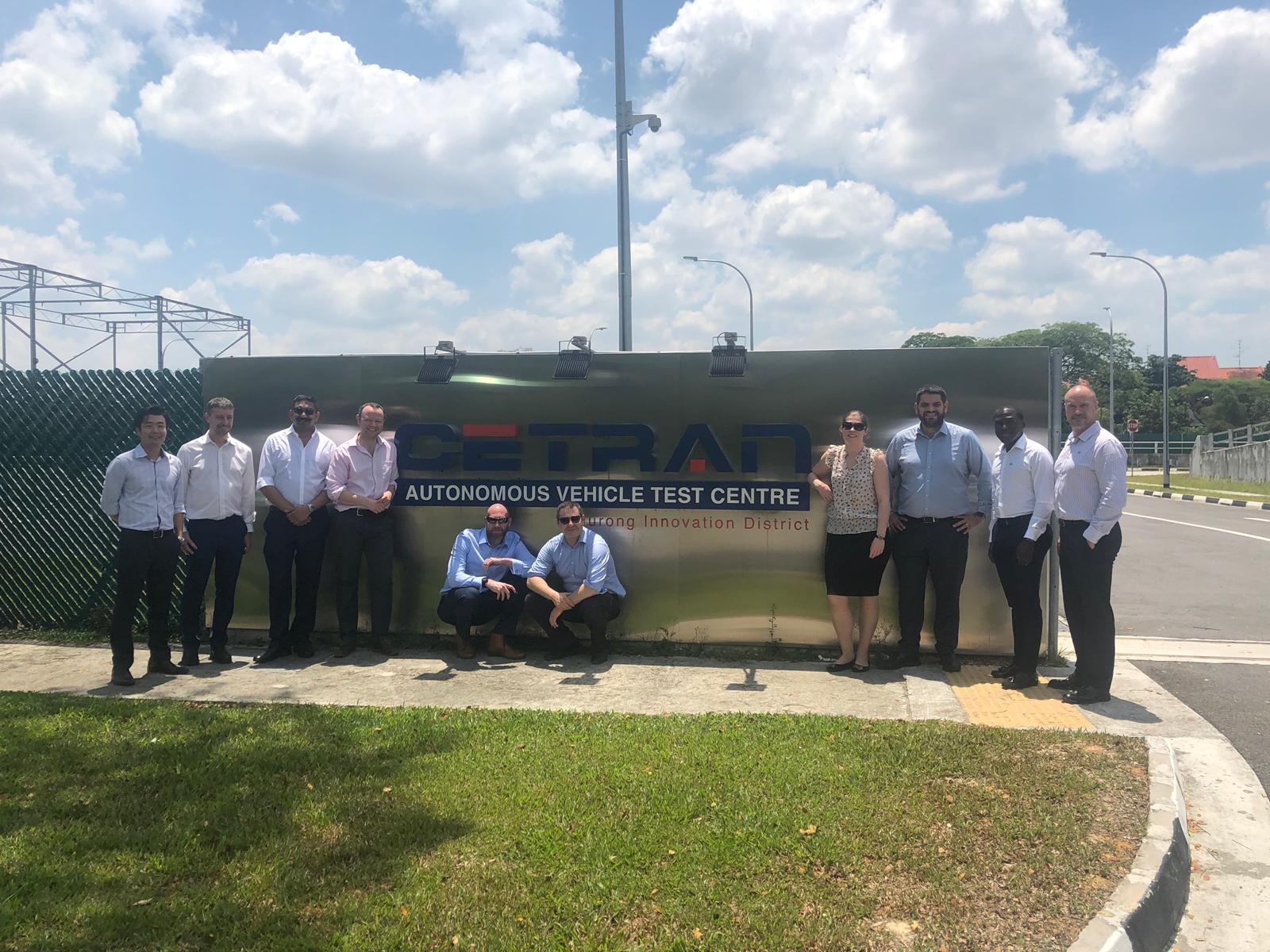During the week of 11 March Rich Porter, Director of Technology and Innovation at Zenzic (formerly Meridian), accompanied a UK delegation to Singapore led by the UK Government’s Centre for Connected and Autonomous Vehicles (CCAV). The delegation also included Department for Transport (Dft), Transport Systems Catapult (TSC), National Physical Laboratory (NPL), Knowledge Transfer Network (KTN) and Oxfordshire County Council.
The desired outcomes for the visit were to explore opportunities for UK-Singapore collaboration both at a governmental level on the policy, regulation and investment of deploying Connected and Autonomous Vehicles (CAVs), and to establish options for UK businesses to benefit from closer relations.

During the visit the team attended of valuable meetings with a number of organisations including Interpol, SG Innovate, Land Transport Authority (LTA) and CENTRAN.
Interpol
Interpol are investing in a lightweight programme focussed on security for CAVs. As we have seen in other technology sectors, greater trust and processes to support data exchange between law enforcement and mobility companies are needed. It was great to see Interpol opening up the conversation early.
SG Innovate
The Mission of SG Innovate is “to help scientists build deep tech start-ups ”. SG Innovate is an independent company providing investment and advice to start-ups. SG Innovate is not limited to investments in companies based in Singapore and will invest in companies to help them partner with organisations locally or deliver services into the Singapore market.
Land Transport Authority (LTA)
Singapore’s Land Transport Authority (LTA) is overseeing the policy and investment needed to deliver the benefits of self-driving vehicles. Its primary focus is safe and efficient implementation to deliver societal benefits of transport automation. The LTA led the drafting of the TR-68 technical standards and is a key global player in influencing self-driving deployments.
CENTRAN
Based at Nanyang Technological University, CENTRAN is a small but highly effective organisation responsible for development and delivery of Singapore’s testing and certification programme for self-driving vehicles. It has a three stage process for validating the performance of self-driving vehicles and certifying them for operation on Singapore’s roads. This includes both physical and simulated testing linked to Singapore’s standards outlined in TR-68.

During the visit we highlighted a number of opportunities for global collaboration between Singapore and the UK. Security, innovation, policy and testing are all areas where the UK and Singapore have well aligned strategies. As we’ve previously discussed, global coloration is vital to the future of connected and self-driving vehicles to ensure we can exploit the potential to save lives through safer roads and reduced environmental impact.


